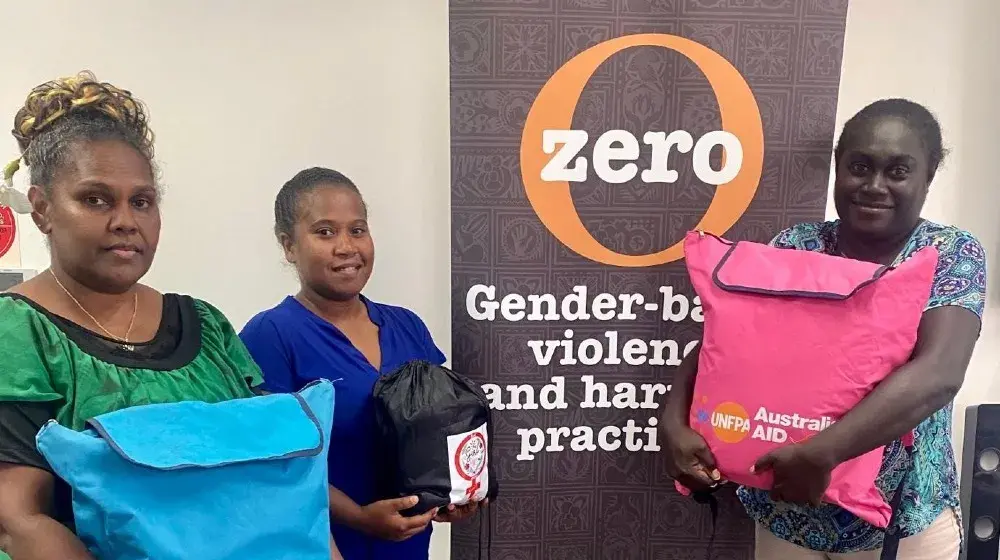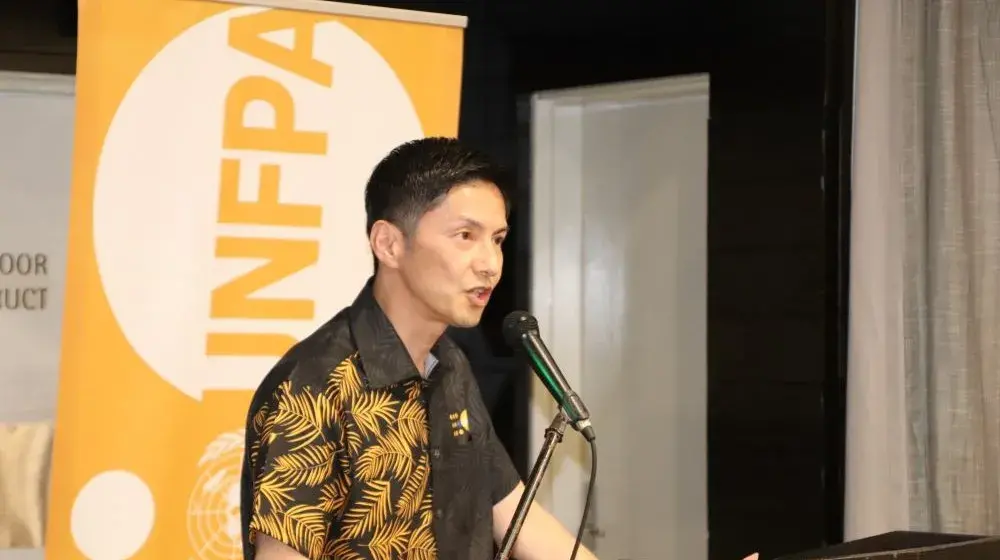INDONESIAN President Joko Widodo announced on Monday his government will set aside 5 per cent of its 2016 health budget to exclusively support its national family planning programme. He made the announcement when welcoming thousands of International Conference on Family Planning delegates in Nusa Dua (Bali).
The move, Mr Widodo, said was in recognition of the critical role reproductive health played in sustaining an economy, adding it was a "strategic investment" towards the realisation of the Sustainable Development Goals (SDGs).

Indonesia is not a new kid on the block though. Its successful family planning campaign is perhaps the envy of her contemporaries seeing that the dynamic 30-year policy encouraging two children per family halved its fertility rate to 2.37 births per woman by 2012, gaining middle-income country status.
While overseas "success stories" must always be taken with a grain of salt, Indonesia is actually proof of how investment in family planning can determine for the better a country's economic output. Now she hopes to reduce fertility rates further to the replacement rate of 2.1 by 2025.
Indonesia's family planning policy included the establishment of maternal health and family planning (both components of sexual and reproductive health and rights) clinics across the country, ensuring accessibility to its population of some 255 million. The decentralisation of activities related to the policy however has slowed down the momentum for Indonesia's National Population Family Planning Board.
Indonesia's intentions to revitalise its family planning campaign is as Mr Widodo rightly reminded delegates the realisation that whatever challenges related to population and development issues those in leadership are facing now, will worsen in the future.
Mr Widodo told delegates: "To sustain economic growth in every country and every region, investment in family planning is (an) absolute." Health including family planning is considered one of the crucial pillars of economic politics in Indonesia.
"Family planning has really helped our economic improvement … (in the past 10 years) Indonesia has transformed from a low-income country to a middle-income country and the success of family planning has been key," Indonesia's Finance Minister Bambang Soe-mantri Brodjonegoro told delegates.
On Tuesday, the conference discussed, among other topics, the urgency of global and local investments in human capital and health to meet family planning needs. Planning one's family based on one's resources does not only auger well with personal growth or as per family but also a nation's economic prowess and progress.
Family planning is about ensuring that every pregnancy is wanted (thus a couple or an individual is prepared), that every childbirth is safe (preventing women from having too many children too close to one another which causes fatal complications such as hemorrhaging) and that every young person will realise their full potential (from more disposable income). Family planning is very much core to inclusive national growth, for a population base of well-educated professionals and for an effective way of addressing poverty.
The fantastic economic growth by the Asian tigers (South Korea, Taiwan, Hong Kong and Singapore) for example was on the back of a favourable demographic transition (when a nation's age structure changes to more working-age wage-earners and less dependents) - enabled fundamentally by family planning.
Access to voluntary family planning is a human right and therefore very much central to gender equality and women's empowerment. It cannot be considered any longer or strictly as a private matter if family planning is recognised a determinant of a country's economic progress.
Family planning is the most effective human development intervention there is today, a fact we all need to acknowledge more than the propensity to pin it down to sex. Family planning also needs to be seen as a responsibility of both rights holders and duty bearers. Fiji is progressive in this matter as "reproductive health care" is a specific element in the Constitution, under Section 38(1) Right to Health.
Providing family planning services, including counselling and contraceptives, is one of the most cost-effective public health interventions, contributing to dramatic reductions in maternal mortality and morbidity. The United Nations Population Fund, UNFPA, works at every level to support access to safe and voluntary family planning.
Though government support for family planning has grown stronger in many countries, much remains to be done. UNFPA is promoting a development agenda that encourages countries to make family planning services, including a full range of quality contraceptive methods, readily available to women, men and adolescents. This strategy prevents unwanted pregnancies and unsafe abortions, and reduces maternal deaths and disabilities.
UNFPA is also strengthening health systems and supply chain management in order to ensure uninterrupted supplies of contraceptives, improving the technical capacity of healthcare providers, including counsellors, and advocating for equitable access to quality reproductive health commodities and services.
Family planning is a human right and a tool that unlocks untold opportunities for women and girls. Family planning is central to development and offers a pathway out of poverty, hence the great need for governments and other stakeholders to turn global commitments on family planning into local action.
Family planning is also now seen as crucial for the achievement of the SDGs, in particular SDG3 and SDG5, which promote universal access to sexual reproductive health services and rights, and the integration of reproductive health into national policies.
Family planning demands visionary leadership and a genuine desire to invest in effective albeit long-term and sustainable economic drivers, rather than activities which promise immediate monetary rewards but are rooted in unsustainable development practices.





